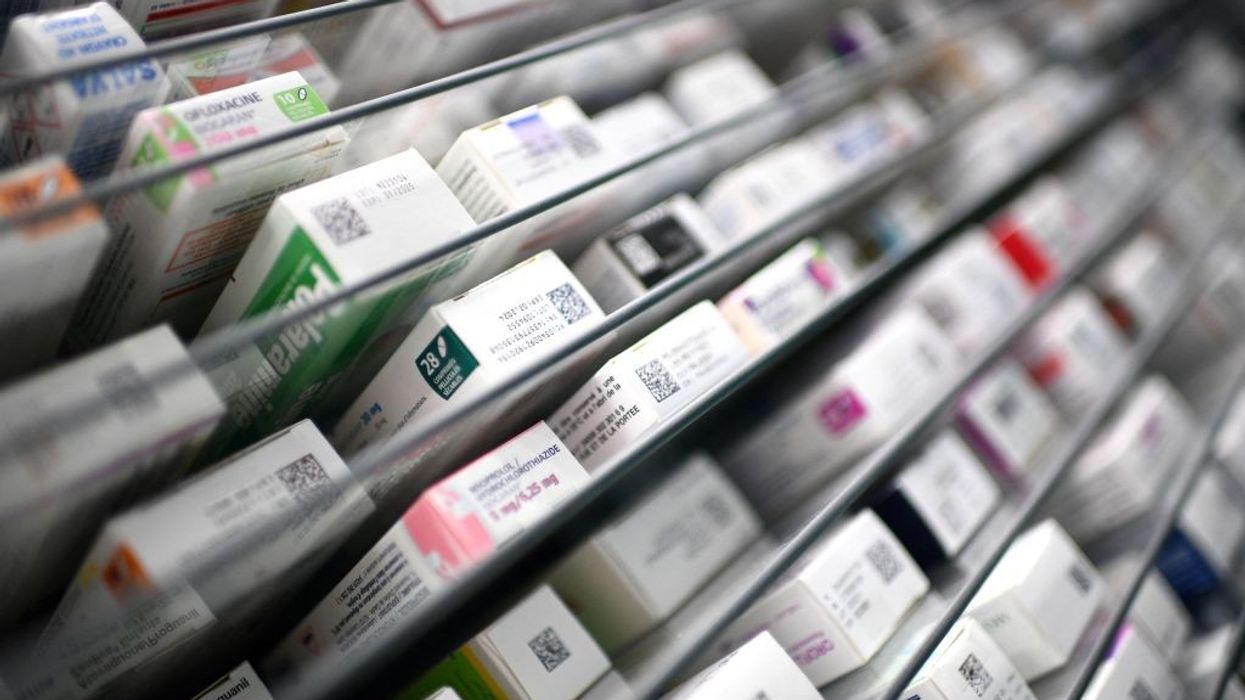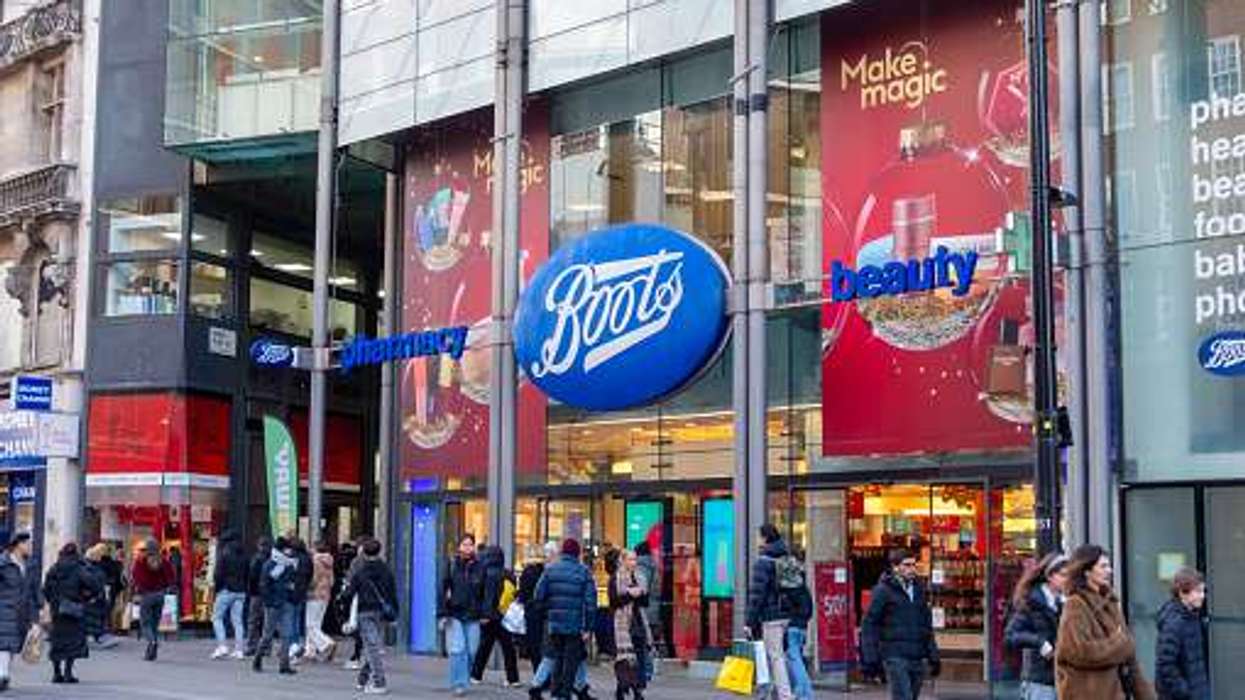Medicines UK recently convened a roundtable of integrated care boards (ICBs) and sector leaders from across the country, in partnership with Conclusio Limited, to explore the evolving healthcare landscape and understand the future role of off-patent medicines in delivering integrated care.
The participants highlighted that medicine use is still evaluated in silos, with higher acquisition costs rarely reconciled against system-wide savings or improved patient outcomes.
They noted that ICBs are beginning to receive targeted funding from the central government to support local preventative approaches – opportunities that may not yet be visible to industry but are likely to emerge within new neighbourhood models of care.
There was a strong consensus that too much of the healthcare pathway still flows through doctors and clinicians, creating inefficiencies.
The participants called for a neighbourhood care model, including greater use of community pharmacy. It offers a more effective triaging approach, enabling care to be delivered at the most appropriate and efficient level.
This is especially important for scalable healthcare solutions that carry administrative demands.
While funding incentives for GPs are helpful, participants stressed the need to rethink money flows that currently hinder efficient local delivery.
Neighbourhood health was seen as a potential vehicle for medicines optimisation, personalised care, and value-based prescribing - as well as a lever for improving adherence and local implementation of NICE guidance.
Incentivising community pharmacy was discussed as a key enabler.
The roundtable participants emphasised the need to match financial incentives with the actual sites of service transformation.
This could help overcome clinician inertia, particularly in relation to ICB-funded biosimilars.
Mapping the potential savings from generics and biosimilars at the ICB level – and showing how these could be reinvested into neighbourhood health – was seen as a powerful tool for local engagement.
The meeting aimed to foster a dialogue among NHS suppliers, commissioners, and clinicians to gain a deeper understanding of the diverse perspectives across the system, from procurement to patient care.
Patent expiry
An analysis by Medicines UK shows that from 2026 to 2030, an average of 58 medicine patents will expire each year.
The NHS currently spends around £1.5 billion annually on these medicines. Even if just 50 percent of potential savings are realised through genericisation – despite typical reductions of 70–90 percent – the compound savings by 2030 could reach £10 billion.
For each of the 26 ICBs, this equates to an average annual saving of £77 million over the next five years.
These future savings are in addition to the £20 billion already saved each year through off-patent competition.
Around 85 percent of all prescription medicines taken by NHS patients are fulfilled by off-patent products.
This presents an immense opportunity for ICBs: to unlock critical efficiencies in medicines spend while expanding patient access to essential treatments, it stated.
Medicines UK represents 43 pharmaceutical companies, including eight of the ten largest medicine suppliers to the NHS, and they supply off-patent generic and biosimilar medicines.












